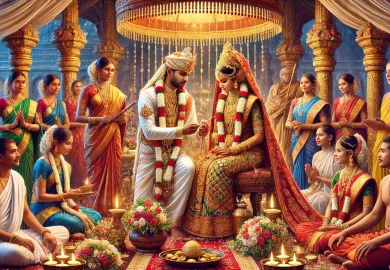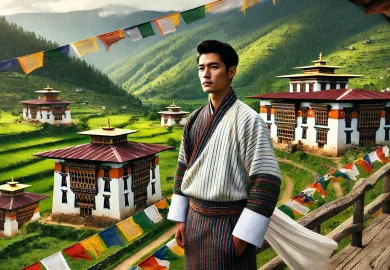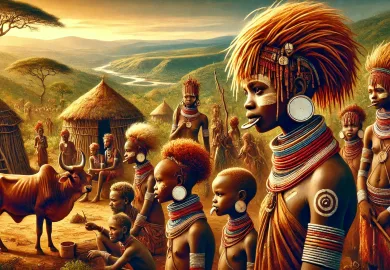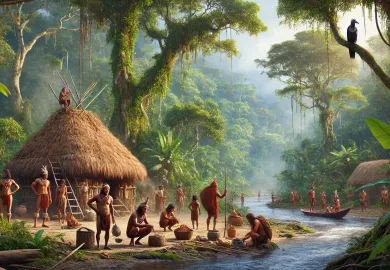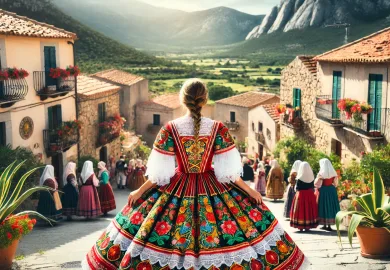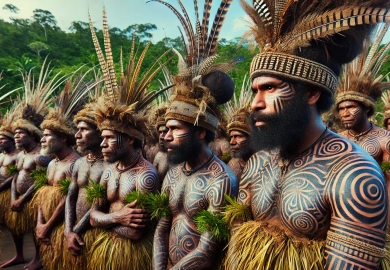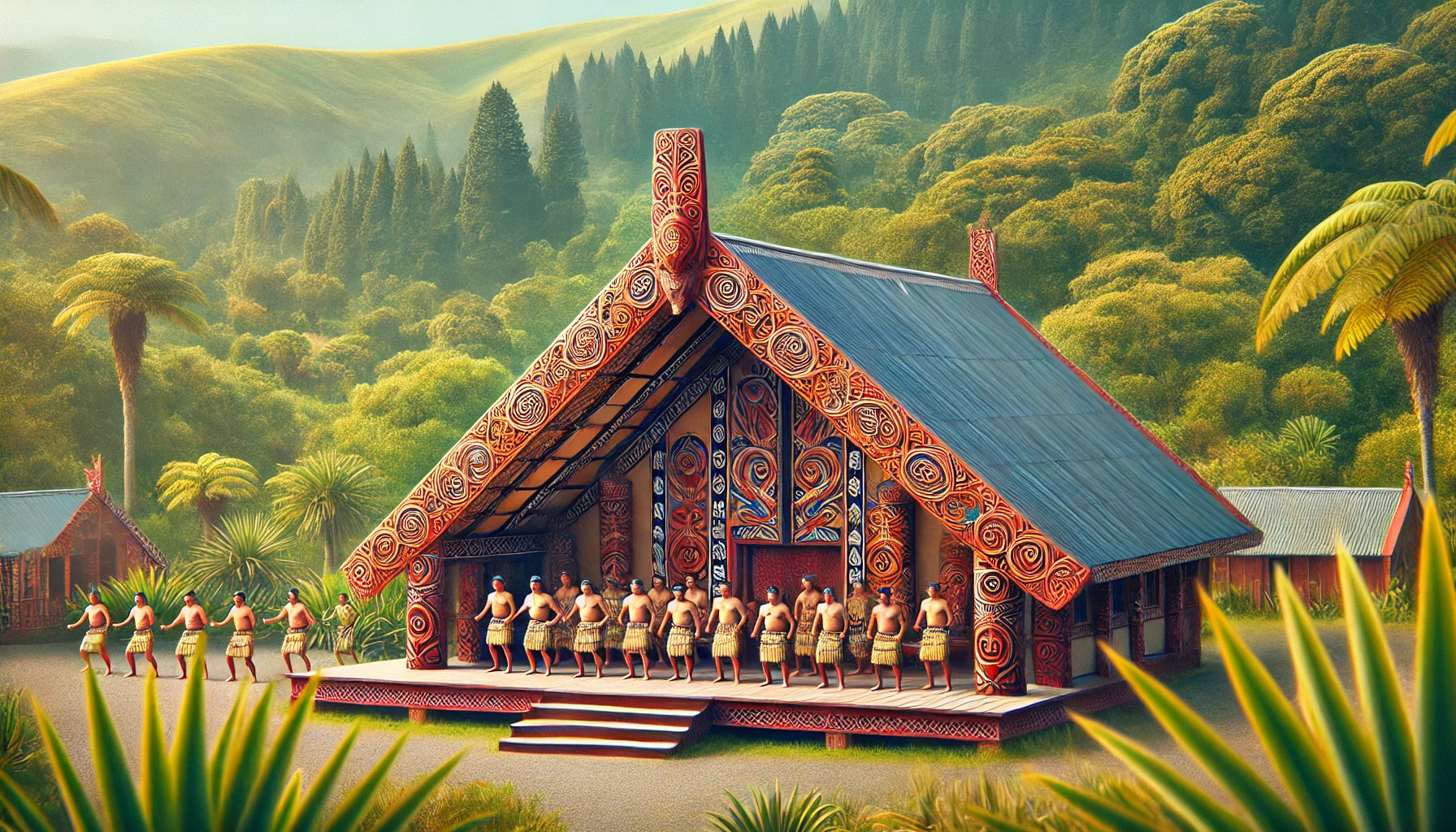
Disclaimer: This content was generated using AI. While I strive for accuracy, I encourage readers to verify important information. I use AI-generated content to increase efficiencies and to provide certain insights, but it may not reflect human expertise or opinions.
The Māori people of New Zealand, known as the tangata whenua, offer a rich cultural heritage that stands as a fundamental component of the nation’s identity. This indigenous culture, thriving through centuries, encapsulates unique traditions, languages, and arts that continue to influence all facets of New Zealand life. This article delves into the various aspects of Māori culture, highlighting its significance and preservation efforts that ensure its vibrancy for future generations.
The Essence of Whakapapa: Māori Genealogy
Whakapapa, or genealogy, is a cornerstone of Māori culture. It defines individual and communal identity, linking everyone to their ancestors, and thereby to the land and the spiritual world. This lineage is not just a record of descent but a narrative of life, encapsulating kinship, heritage, and a profound connection to the environment.
Each iwi (tribe) has its distinct legends and histories, which are preserved and passed down through generations via oral traditions and symbolic carvings. These stories are more than just tales; they are teachings that impart wisdom, social norms, and responsibilities to the Māori people. Whakapapa’s role in shaping identity underscores the communal nature of Māori society, where collective interests often prevail over individual ones.
In modern times, whakapapa has also found its place in legal battles over land rights and the environment, proving its enduring relevance in Māori activism and advocacy. This genealogical framework helps maintain a balance between development and the conservation of sacred sites, ensuring that the Māori heritage remains respected and integral.
Marae: The Community’s Cultural Hub
The marae, a communal and sacred meeting ground, is the heart of Māori culture, serving as a venue for education, ceremonies, and the arts. Each marae includes a wharenui (meeting house), which is often elaborately decorated with carvings, weavings, and tukutuku (woven panels) that narrate the iwi’s history and ancestors.
Marae are active centers for teaching Māori language and customs, especially through kapa haka (performing arts), waiata (songs), and haka (war dances). These gatherings strengthen community bonds and facilitate the transfer of knowledge and traditions across generations. They are not merely events but are seen as essential processes of cultural affirmation and identity reinforcement.
Moreover, the marae plays a crucial role during significant life events such as births, weddings, and funerals. It embodies the concept of turangawaewae—’a place to stand’—which for Māori signifies a place of belonging and empowerment. This is where they feel their identity as a people is most grounded, celebrated, and preserved.
Taonga: Treasured Heritage
In Māori culture, taonga are highly prized possessions or treasures, which can be physical objects like jade and bone carvings, or intangible like language and music. These treasures carry immense cultural weight as they embody the history, spirituality, and pride of the Māori people.
Preservation of these treasures involves both traditional techniques and modern methods. For instance, museums and cultural institutions collaborate with iwi to care for and display taonga, ensuring that these cultural artifacts are accessible to the public while respecting Māori values and customs. This includes allowing space for Māori to lead discussions on how their taonga are handled and exhibited.
The concept of taonga extends beyond physical items to include te reo Māori (the Māori language), which itself is considered a national treasure. Recent revitalization efforts have seen an increase in its use in schools, media, and government, reflecting its importance in maintaining cultural identity.
Contemporary Māori Culture: A Modern Take
While deeply rooted in tradition, Māori culture is not static; it adapitates and evolves as Māori people themselves respond to the globalized world. Contemporary Māori artists, musicians, and filmmakers are creating works that blend traditional themes with modern forms, showcasing Māori perspectives to a broader audience.
These creators not only celebrate Māori heritage but also address current social issues, such as land rights, sovereignty, and racial equality. Through powerful platforms like film and music, they provoke thought and dialogue, fostering a deeper understanding of Māori perspectives both within New Zealand and internationally.
Moreover, Māori entrepreneurs are finding ways to meld economic initiatives with cultural preservation, exemplified in ventures like Māori tourism. These businesses offer authentic cultural experiences that educate visitors about Māori history and customs while ensuring the community benefits economically and socially.
Māori culture is an integral part of New Zealand’s fabric, woven through every aspect of life. From the spiritual connections established through whakapapa to the communal ties strengthened on the marae, the Māori way of life offers profound insights into a people who cherish their past while navigating a path forward in today’s world.

